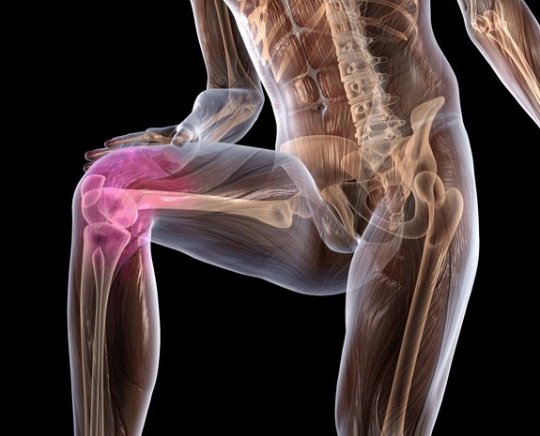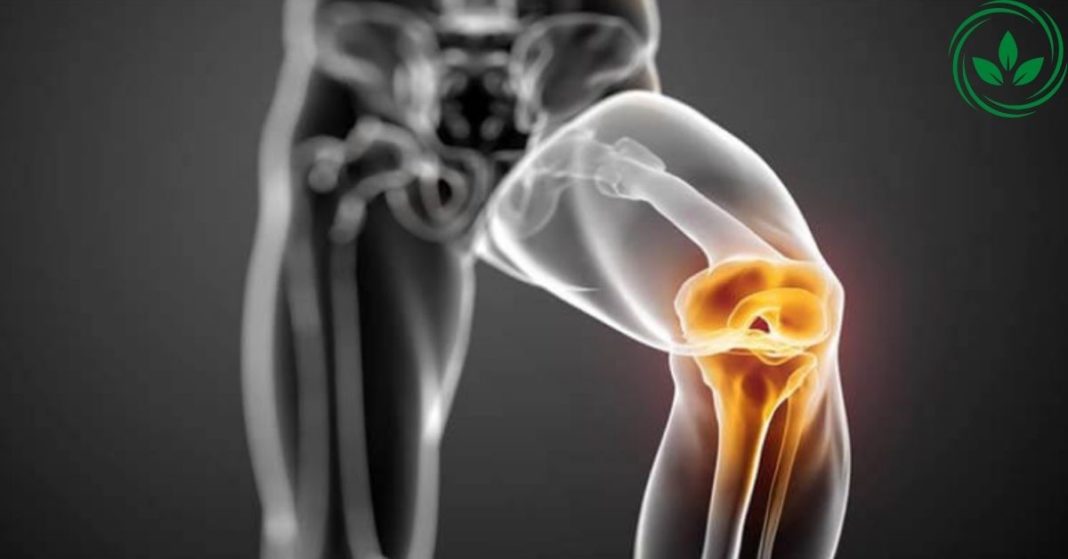Joint pain is not merely a sign of aging — it can also result from injuries or underlying medical conditions. Whether caused by trauma, arthritis, or degenerative disorders like osteoarthritis, joint discomfort significantly lowers quality of life. While there is no specific diet that can eliminate joint pain completely, incorporating certain anti-inflammatory and nutrient-dense foods into your routine can greatly reduce discomfort, support bone and cartilage health, and improve overall well-being.

Causes of Joint Pain
Joint pain can be triggered by:
- Sports injuries or physical trauma
- Autoimmune disorders such as rheumatoid arthritis
- Age-related degeneration like osteoarthritis
The discomfort caused by these issues can be severe and persistent, affecting mobility and daily functioning.
Preventing Joint Pain: What You Can Do
Joint issues are more commonly observed in people aged 40 and above, especially in women. Preventive strategies include:
- Regular, Moderate Physical Activity: Engaging in light exercises such as morning stretches, joint-friendly fitness routines, or swimming (which puts less strain on the joints) helps with weight management and improves joint nutrition.
- Hydration: Drink enough water daily. Cartilage is about 90% water, so proper hydration is essential for joint health.
- Weight Loss: Reducing excess body weight can significantly relieve joint pressure, especially in the knees and hips.
- Wearing Comfortable Footwear: Avoid high heels or shoes with poor support.
- Avoid Crossing Legs While Sitting: This habit can disrupt blood circulation and put unnecessary pressure on the joints.
Diet for Joint Health
Certain foods have been found to reduce inflammation, support bone tissue, and improve joint flexibility and resilience.
1. Bone Broth
Slow-cooked bone broth is rich in collagen, gelatin, amino acids, and minerals. It helps reduce inflammation and joint pain, especially in autoimmune conditions like rheumatoid arthritis.
2. Fruits and Berries
- Grapes: Contain proanthocyanidins, which have powerful anti-inflammatory properties that help relieve joint pain.
- Citrus Fruits: High in vitamin C, which helps prevent inflammation and supports collagen synthesis.
- Tart Cherry Juice: Known for its anti-inflammatory effects, especially beneficial for people with arthritis.
3. Vegetables and Legumes
- Spinach: Loaded with antioxidants, including kaempferol, which reduces inflammation and slows the progression of osteoarthritis.
- Broccoli: Contains sulforaphane, a compound shown to block enzymes linked to joint destruction and reduce symptoms of rheumatoid arthritis.
- Garlic: Besides helping regulate blood pressure and supporting heart health, garlic has potent anti-inflammatory effects and may prevent the progression of osteoarthritis.
- Red Kidney Beans: High in fiber and helps reduce levels of C-reactive protein, a marker of inflammation. They are also rich in protein, folic acid, iron, magnesium, and potassium, all of which strengthen the immune system.
4. Herbs, Spices, and Teas
- Turmeric and Saffron: Both spices are known for their strong anti-inflammatory effects. Saffron contains crocin, an antioxidant that also has anti-proliferative effects beneficial in joint pain.
- Ginger: Shown to alleviate knee joint pain and stiffness.
- Green Tea: Contains polyphenols with anti-inflammatory properties and epigallocatechin-3-gallate (EGCG), a compound that can help slow joint deterioration in people with rheumatoid arthritis.
Additional Supportive Foods
- Fatty Fish (such as salmon, mackerel, and sardines): Rich in omega-3 fatty acids, which reduce joint inflammation and stiffness.
- Low-Fat Dairy Products: Provide calcium and vitamin D, both essential for maintaining strong bones and supporting the immune system.
- Nuts (especially walnuts, almonds, and pistachios): Contain calcium, magnesium, vitamin E, protein, and alpha-linolenic acid (a type of plant-based omega-3 fatty acid), which support bone and immune health.
Conclusion
While no food alone can cure joint issues, adopting an anti-inflammatory, nutrient-rich diet combined with a healthy lifestyle can significantly ease joint pain, slow disease progression, and improve your daily comfort and mobility. Simple changes — like adding bone broth to your meals, drinking herbal teas, or including garlic and leafy greens — can have powerful, long-lasting effects on your joint health.


















